Home>Gardening & Outdoor>Landscaping Ideas>What Happens If You’re Allergic To Grass


Landscaping Ideas
What Happens If You’re Allergic To Grass
Modified: March 24, 2024
Discover landscaping ideas for grass allergies and learn how to create an allergy-friendly outdoor space. Find solutions to enjoy your yard without the discomfort of grass allergies.
(Many of the links in this article redirect to a specific reviewed product. Your purchase of these products through affiliate links helps to generate commission for Storables.com, at no extra cost. Learn more)
Introduction
Grass is a ubiquitous feature of outdoor landscapes, adorning lawns, parks, and fields with its lush greenery. While many people revel in the beauty of grassy surroundings, there exists a segment of the population for whom this natural element triggers allergic reactions. If you find yourself sneezing, wheezing, or experiencing other discomforts when in close proximity to grass, you might be among the individuals who are allergic to it. In this comprehensive guide, we will delve into the intricacies of grass allergies, shedding light on their causes, symptoms, diagnosis, treatment options, and practical tips for managing and preventing allergic reactions. Whether you are grappling with grass allergies firsthand or seeking to broaden your understanding of this common condition, this article aims to equip you with valuable insights and actionable strategies. Let's embark on this enlightening journey to unravel the mysteries of grass allergies and empower ourselves with the knowledge needed to navigate the great outdoors with confidence and ease.
Key Takeaways:
- Grass allergies, triggered by pollen, can cause symptoms like sneezing, itchy eyes, and fatigue. Understanding and managing these allergies involves medical treatment, lifestyle adjustments, and proactive prevention measures.
- To manage grass allergies, individuals can adhere to medication, consider immunotherapy, and implement environmental control. Monitoring pollen counts, wearing protective attire, and seeking allergist guidance are key in preventing allergic reactions.
Read more: Why Am I Allergic To Grass Pollen
Understanding Grass Allergies
Grass allergies, also known as pollen allergies, are immune system responses triggered by the proteins found in grass pollen. When individuals with grass allergies come into contact with these proteins, their immune systems perceive them as harmful invaders and mount defensive reactions, leading to a range of symptoms. It’s important to note that grass allergies are not solely caused by direct contact with grass blades, but rather by exposure to the microscopic pollen grains that grasses release into the air.
There are numerous species of grass, and each produces its own type of pollen. This diversity in pollen composition can impact the severity and specific symptoms of grass allergies experienced by individuals. Additionally, the prevalence of grass allergies tends to vary based on geographical location, as different grass species thrive in different climates and regions.
It’s crucial to recognize that grass pollen is most abundant during certain times of the year, typically spring and summer. As a result, individuals with grass allergies may find their symptoms exacerbated during these seasons, particularly on windy days when the pollen is more easily dispersed through the air.
Understanding the intricacies of grass allergies involves recognizing the role of cross-reactivity. This phenomenon occurs when proteins in grass pollen bear similarities to those found in certain foods, leading to allergic reactions in individuals with grass pollen allergies. This is known as oral allergy syndrome, and common trigger foods include tomatoes, melons, and oranges.
By comprehending the nature of grass allergies, including the sources of pollen, seasonal variations, and potential cross-reactivity, individuals can gain valuable insights into their allergic triggers and take proactive measures to manage and mitigate their symptoms.
Symptoms of Grass Allergies
Grass allergies can manifest in a diverse array of symptoms, ranging from mild discomfort to more pronounced allergic reactions. These symptoms typically arise when individuals inhale or come into contact with grass pollen, setting off immune responses that manifest throughout the body. Common symptoms of grass allergies include:
- Sneezing: An uncontrollable, repetitive expulsion of air through the nose and mouth, often accompanied by an itchy or runny nose.
- Nasal Congestion: Blockage or obstruction of the nasal passages, leading to difficulty breathing through the nose.
- Watery Eyes: Excessive tearing or a persistent watery discharge from the eyes, often accompanied by itchiness or redness.
- Itchy Throat: A prickling or irritating sensation in the throat, prompting the urge to cough or clear the throat.
- Coughing: A reflex action that expels air from the lungs in response to irritation or obstruction in the airways.
- Wheezing: A high-pitched whistling sound produced during breathing, often indicative of narrowed or inflamed airways.
- Shortness of Breath: Difficulty breathing or a sensation of breathlessness, which may be mild or severe.
- Itchy Skin: Pruritus, or a tingling sensation that prompts scratching, often accompanied by the appearance of hives or a rash.
- Generalized Fatigue: A feeling of tiredness or diminished energy levels, potentially stemming from the body’s immune responses and inflammatory processes.
It’s important to note that the severity and combination of symptoms can vary widely among individuals with grass allergies. While some may experience mild nasal congestion and occasional sneezing, others may contend with more debilitating symptoms such as persistent coughing, severe respiratory distress, and systemic reactions.
Furthermore, individuals with asthma may find that their respiratory symptoms are exacerbated by grass pollen exposure, leading to heightened wheezing, chest tightness, and increased susceptibility to asthma attacks.
By recognizing the diverse spectrum of symptoms associated with grass allergies, individuals can better understand and address their allergic responses, seeking appropriate medical interventions and lifestyle adjustments to manage their condition effectively.
Diagnosis and Treatment
Diagnosing grass allergies typically involves a comprehensive assessment by a healthcare professional, often beginning with a detailed review of the individual’s medical history and a thorough discussion of their symptoms and allergic triggers. Subsequently, the healthcare provider may recommend specific diagnostic tests to confirm the presence of grass allergies and ascertain the extent of the individual’s immune responses to grass pollen.
One common diagnostic approach is skin prick testing, wherein small amounts of grass pollen extracts are applied to the skin, typically on the forearm or back, and the skin is then pricked to allow the allergen to enter the body. If the individual is allergic to grass pollen, an allergic reaction, such as redness, swelling, or itching, will occur at the site of the skin prick.
Blood tests, such as specific IgE tests, can also be conducted to measure the levels of grass pollen-specific antibodies in the blood, providing valuable insights into the individual’s immune reactivity to grass allergens.
Once a diagnosis is confirmed, the healthcare provider may devise a tailored treatment plan to address the individual’s grass allergies. Treatment strategies for grass allergies commonly include:
- Medications: Antihistamines, nasal corticosteroids, decongestants, and leukotriene modifiers are often prescribed to alleviate allergic symptoms and manage inflammation in the nasal passages and airways.
- Allergy Shots (Immunotherapy): In cases of severe or persistent grass allergies, allergen immunotherapy may be recommended. This involves administering gradually increasing doses of grass pollen extracts to desensitize the immune system and reduce allergic responses over time.
- Sublingual Immunotherapy (SLIT): This alternative to allergy shots involves placing grass pollen allergen extracts under the tongue to induce immune tolerance and mitigate allergic reactions.
- Emergency Medications: Individuals with severe grass allergies may be prescribed epinephrine auto-injectors to address potentially life-threatening anaphylactic reactions.
Furthermore, lifestyle modifications and environmental control measures can play a pivotal role in managing grass allergies. These may include minimizing outdoor exposure during peak pollen seasons, using air purifiers indoors, keeping windows closed, and employing allergen-protective bedding and furnishings.
By combining medical interventions, immunotherapy, and proactive lifestyle adjustments, individuals with grass allergies can effectively manage their condition and experience improved quality of life, with reduced allergic symptoms and minimized risk of allergic complications.
If you’re allergic to grass, try to avoid spending long periods of time outdoors, especially during the peak pollen season. Consider using over-the-counter antihistamines or nasal sprays to help manage your symptoms.
Managing Grass Allergies
Effectively managing grass allergies entails a multifaceted approach that encompasses various strategies to mitigate allergic symptoms, minimize exposure to grass pollen, and bolster the body’s resilience against allergic reactions. By integrating medical interventions, lifestyle adjustments, and environmental modifications, individuals can proactively address their grass allergies and enhance their overall well-being.
Key elements of managing grass allergies include:
- Medication Adherence: Consistently following the prescribed regimen of allergy medications, including antihistamines, nasal corticosteroids, and other allergy-relief medications, can help alleviate symptoms and maintain symptom control.
- Allergy Immunotherapy: Engaging in allergen immunotherapy, either through allergy shots or sublingual immunotherapy, can reprogram the immune system’s responses to grass pollen, leading to reduced allergic reactivity over time.
- Environmental Control: Implementing measures to minimize exposure to grass pollen, such as keeping windows closed, using air purifiers with HEPA filters, and regularly cleaning living spaces to reduce allergen accumulation, can significantly reduce allergic symptoms.
- Personal Protection: When engaging in outdoor activities during peak pollen seasons, wearing sunglasses to shield the eyes, using hats or scarves to cover the hair and face, and changing clothes and showering after spending time in grassy areas can help minimize pollen exposure.
- Dietary Considerations: Individuals with grass pollen allergies and oral allergy syndrome should be mindful of potential cross-reactive foods and consider avoiding or moderating their consumption of trigger foods to prevent allergic reactions.
- Regular Consultations: Periodic follow-ups with healthcare providers, allergists, or immunologists can facilitate ongoing assessment of the individual’s allergic responses, treatment efficacy, and potential adjustments to the management plan.
Moreover, fostering awareness of local pollen forecasts and being attuned to weather conditions, particularly wind patterns and humidity levels, can aid in planning outdoor activities and minimizing pollen exposure during high-risk periods.
Engaging in physical activities and exercise regimens that are less likely to trigger allergic reactions, such as swimming in indoor pools or participating in indoor fitness classes, can also contribute to symptom management and overall well-being.
By integrating these comprehensive strategies into their daily routines, individuals with grass allergies can effectively manage their condition, reduce the impact of allergic symptoms, and cultivate a greater sense of control and comfort in their outdoor and indoor environments.
Read more: How To Know If You’re Allergic To Grass
Prevention Tips
While complete avoidance of grass pollen may be challenging, especially in outdoor environments, implementing preventive measures can significantly reduce the risk of exposure and alleviate the impact of grass allergies. By adopting proactive strategies and environmental modifications, individuals can create allergen-minimized spaces and minimize the likelihood of triggering allergic responses. Here are key prevention tips for managing grass allergies:
- Monitor Pollen Counts: Stay informed about local pollen forecasts and plan outdoor activities on days with lower pollen counts, typically after rainfall when pollen is less likely to be airborne.
- Time Outdoor Activities Wisely: Schedule outdoor excursions during late morning or early afternoon, as pollen levels are generally lower during these times.
- Protective Attire: Wear sunglasses to shield the eyes from pollen, hats or scarves to cover the hair and face, and long-sleeved clothing to minimize direct contact with pollen.
- Indoor Air Quality: Use high-efficiency particulate air (HEPA) filters in air purifiers and vacuums to minimize airborne pollen indoors, and keep windows closed during high pollen seasons.
- Allergen Control: Regularly clean living spaces, including carpets, upholstery, and bedding, to reduce the accumulation of pollen and allergens, and consider using allergen-resistant covers for pillows and mattresses.
- Pollen-Free Landscaping: Opt for low-pollen or pollen-free landscaping options in your own yard, such as gravel, hardscaping, or low-pollen grass varieties, and consider hiring professional landscapers for pollen-minimizing lawn care practices.
- Shower and Change Clothes: After spending time outdoors, particularly in grassy areas, promptly shower to remove pollen from the skin and hair, and change into fresh, pollen-free clothing.
- Consultation with Allergists: Seek guidance from allergists or immunologists to explore personalized preventive strategies and potential treatment options tailored to your specific allergic triggers and responses.
By integrating these preventive measures into daily routines and outdoor activities, individuals with grass allergies can minimize their exposure to pollen, reduce the likelihood of triggering allergic symptoms, and foster a more allergen-resilient living environment.
Conclusion
Grass allergies, stemming from immune responses to grass pollen, can present individuals with a range of allergic symptoms and challenges, particularly during peak pollen seasons. By gaining a deeper understanding of the nature of grass allergies, including their causes, symptoms, diagnosis, and management strategies, individuals can equip themselves with the knowledge and tools needed to navigate their allergic responses with greater confidence and control.
From the initial recognition of allergic triggers to the implementation of preventive measures and personalized treatment plans, the journey of managing grass allergies encompasses a multifaceted approach that integrates medical interventions, environmental modifications, and proactive lifestyle adjustments. By adhering to prescribed medications, considering allergen immunotherapy, and fostering awareness of pollen forecasts and outdoor conditions, individuals can proactively address their grass allergies and minimize the impact of allergic symptoms on their daily lives.
Moreover, the cultivation of allergen-resilient living spaces, through indoor air quality management, allergen control practices, and pollen-aware landscaping, can create environments that are conducive to symptom alleviation and overall well-being for individuals with grass allergies.
As we continue to deepen our understanding of grass allergies and refine our approaches to their management and prevention, ongoing collaboration with healthcare providers, allergists, and immunologists serves as a cornerstone of comprehensive care, facilitating tailored strategies and interventions that cater to the unique needs and experiences of individuals with grass allergies.
By embracing the insights and recommendations outlined in this guide, individuals with grass allergies can embark on a journey of empowerment, resilience, and enhanced quality of life, fostering a harmonious coexistence with the natural world while effectively managing their allergic responses.
Ultimately, through knowledge, proactive measures, and a steadfast commitment to well-being, individuals can transcend the challenges posed by grass allergies and embrace the joys of outdoor experiences with confidence and comfort.
Frequently Asked Questions about What Happens If You're Allergic To Grass
Was this page helpful?
At Storables.com, we guarantee accurate and reliable information. Our content, validated by Expert Board Contributors, is crafted following stringent Editorial Policies. We're committed to providing you with well-researched, expert-backed insights for all your informational needs.


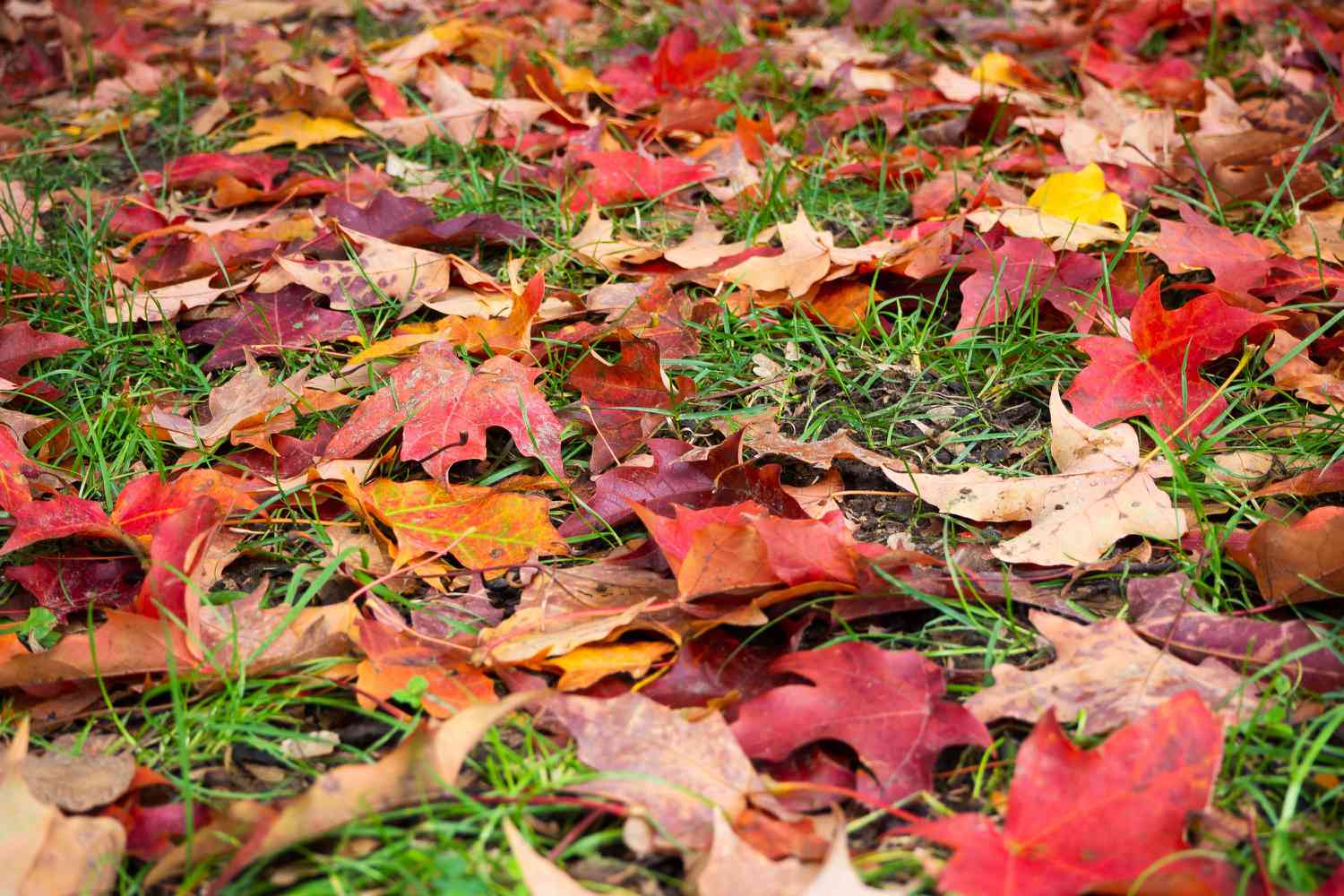
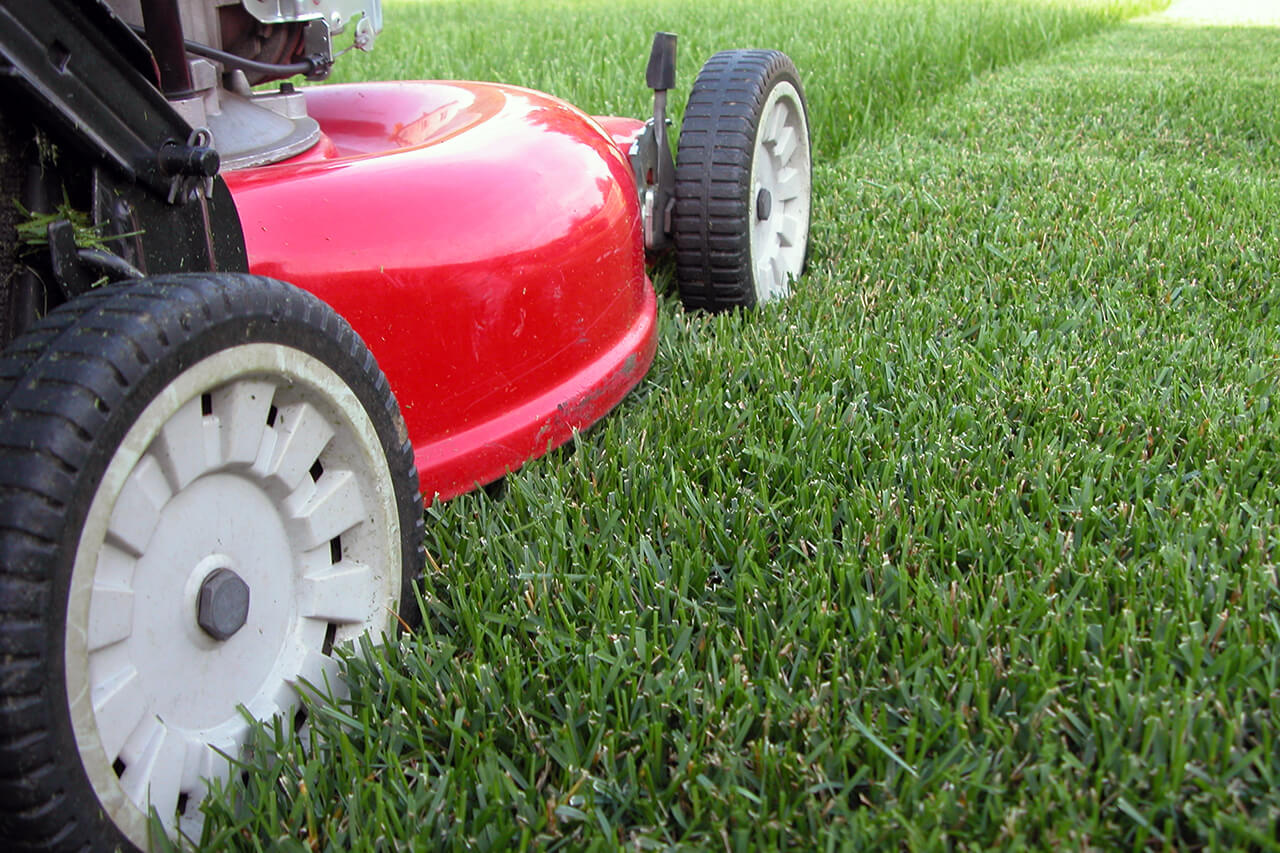
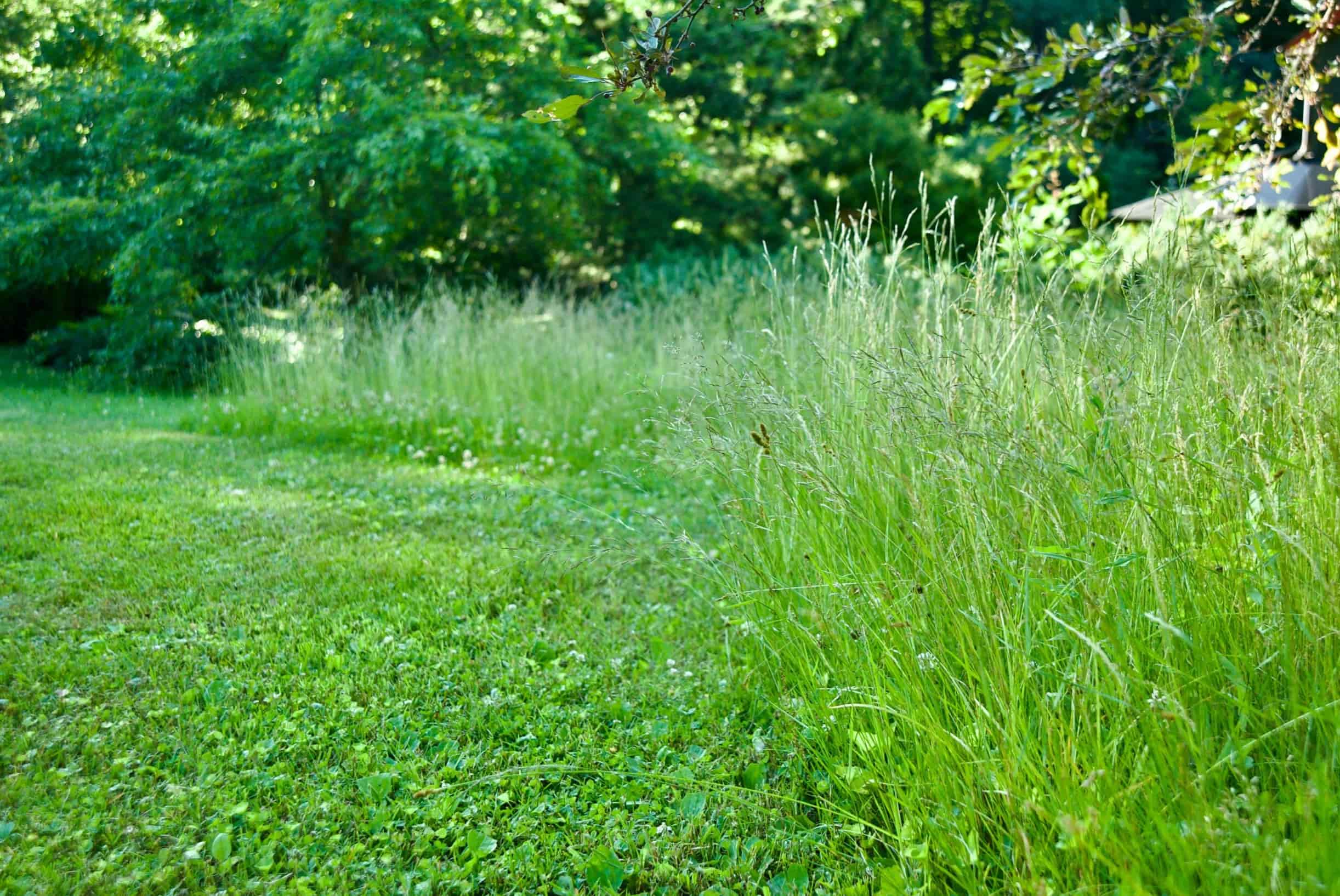

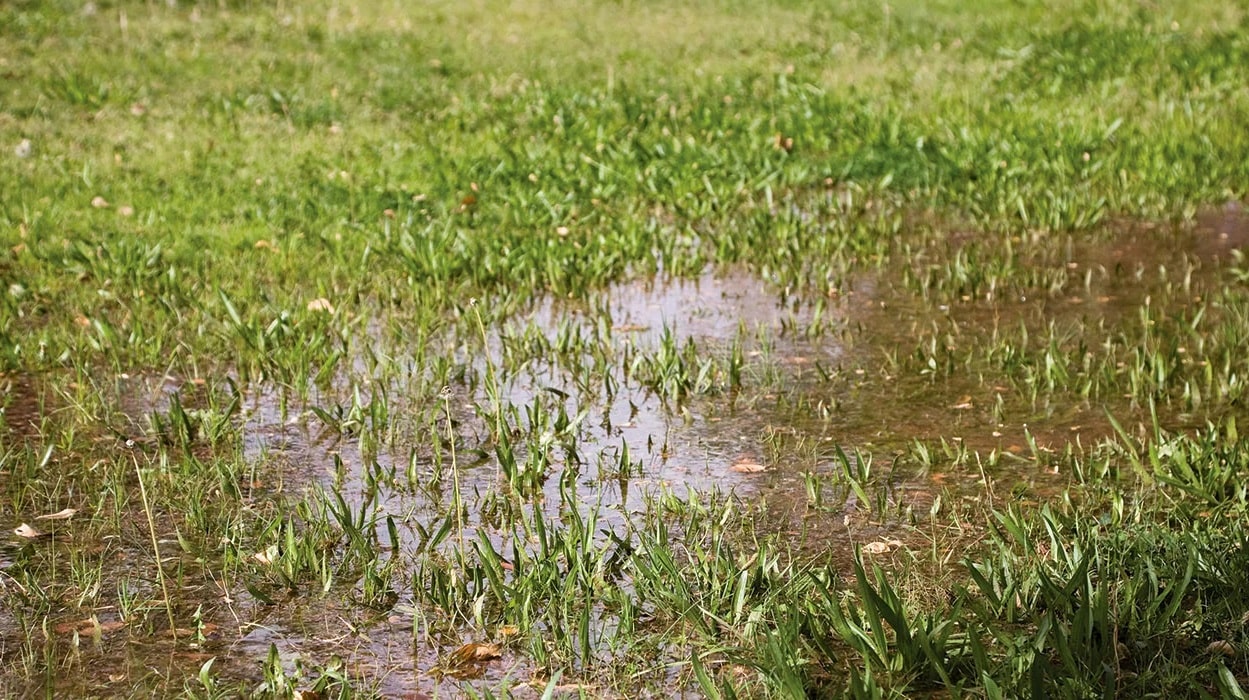




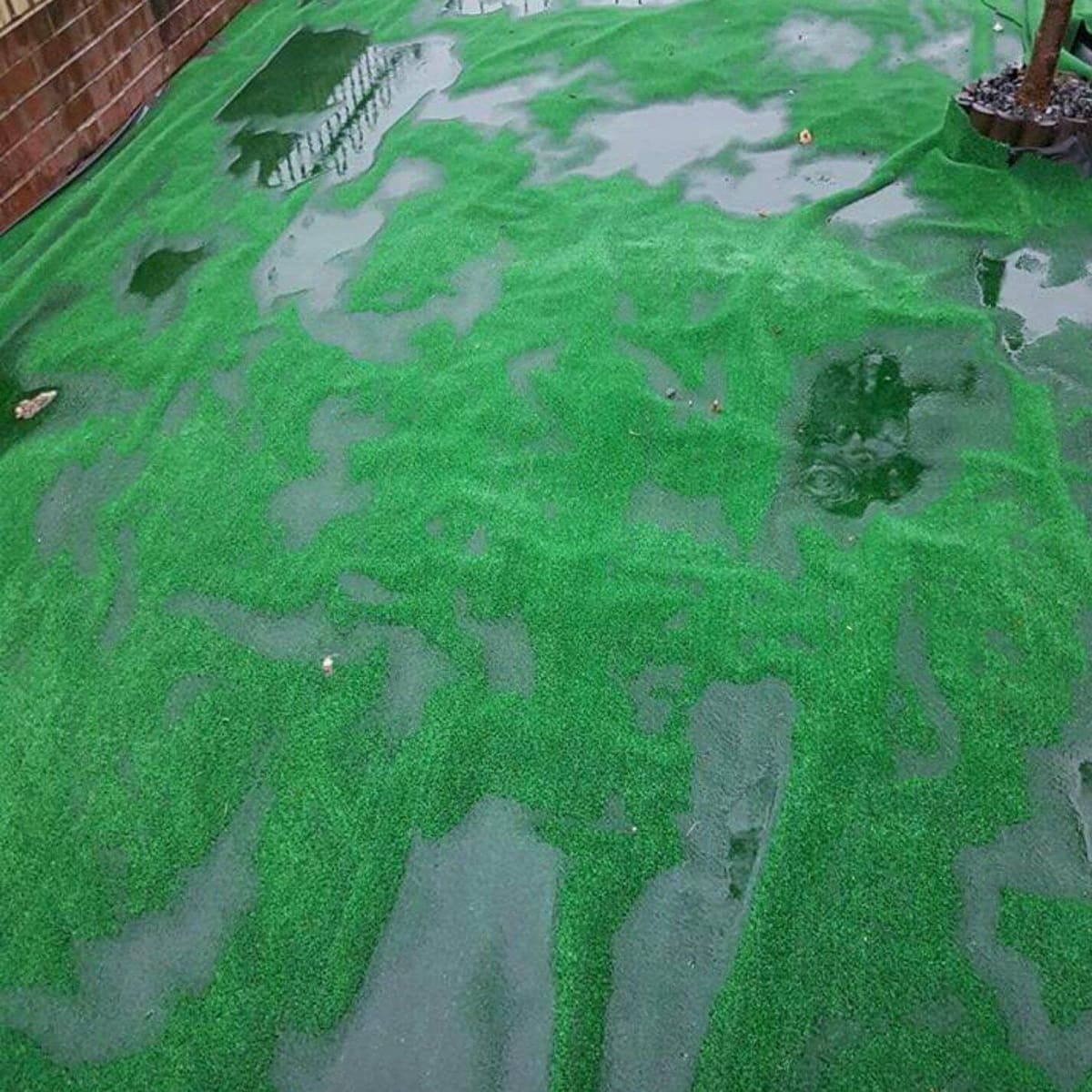
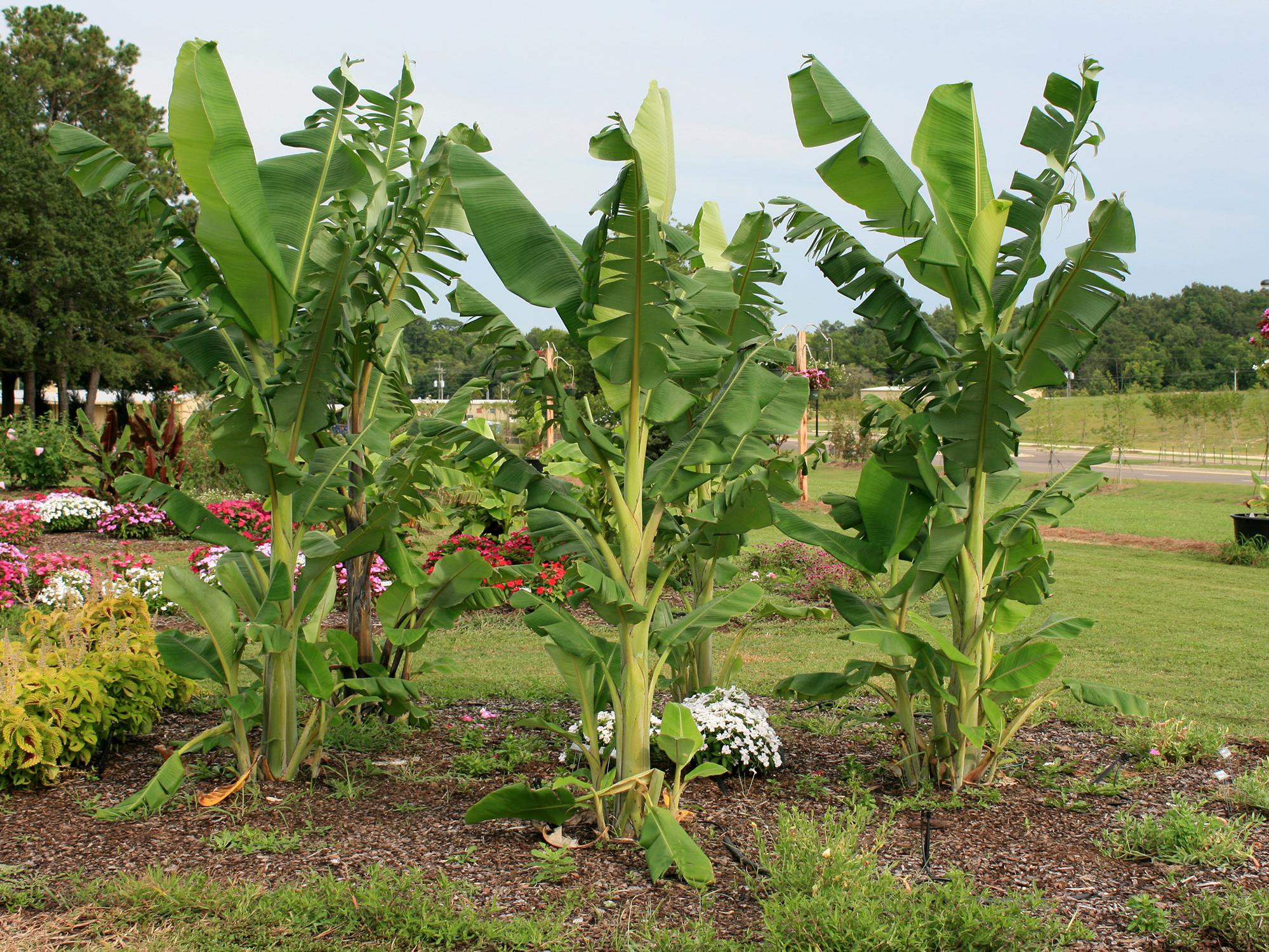


0 thoughts on “What Happens If You’re Allergic To Grass”